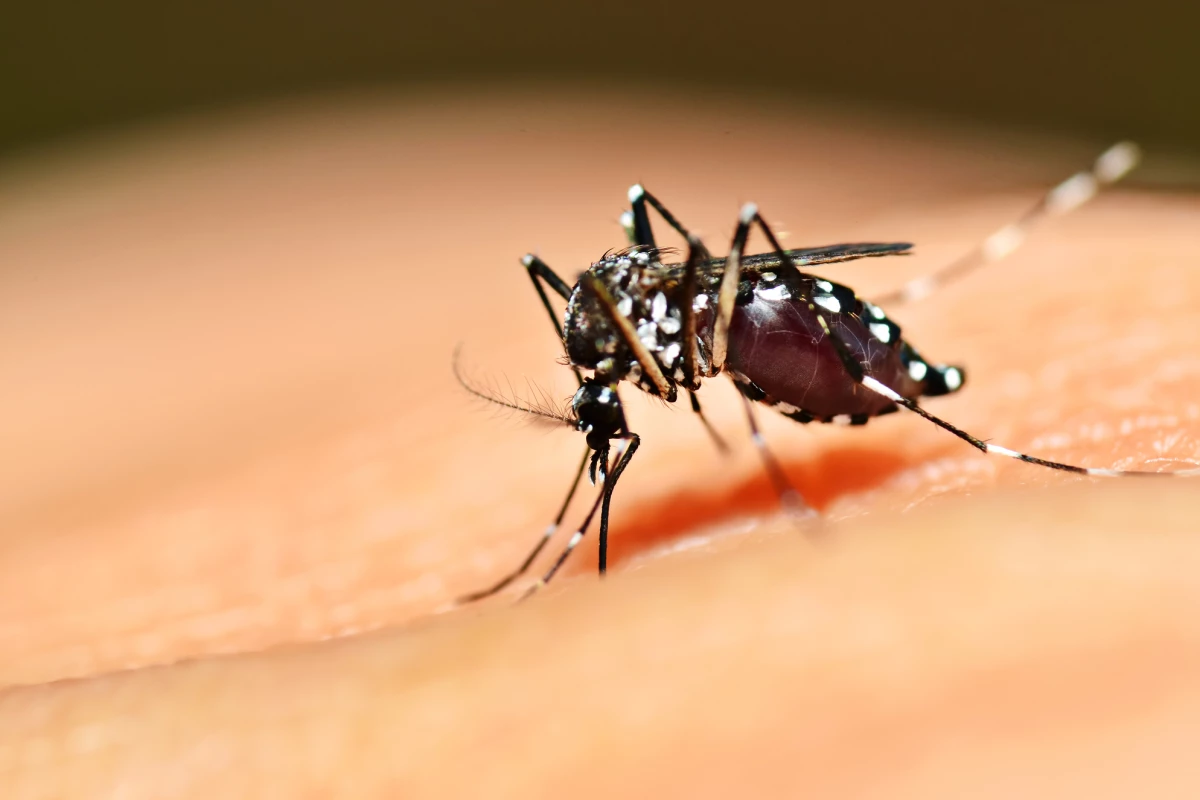Ed’s note (Sept 18, 2019): Oxitec, the company responsible for developing the GM mosquito strain discussed in this article, has contacted New Atlas claiming that the report cited in this article contains “false, speculative and unsubstantiated claims and statements about Oxitec’s mosquito technology.” Oxitec says it is currently working with the journal publishers, Nature Research, to remove or update the article, which now carries a disclaimer. We are discussing this issue with Oxitec and will provide a full update soon.
Update (Sept 20, 2019): We've published an article addressing issues with the study covered in the following article that were raised by Oxitec and some industry experts. That article can be found here.
Mosquitoes are more than just a pest – they can be downright dangerous carriers of disease. One of the most innovative ideas to control populations of the bugs has been to release genetically modified male mosquitoes that produce unviable offspring. But unfortunately a test of this in Brazil appears to have failed, with genes from the mutant mosquitoes now mixing with the native population.
The idea sounded solid. Male Aedes aegypti mosquitoes were genetically engineered to have a dominant lethal gene. When they mated with wild female mozzies, this gene would drastically cut down the number of offspring they produced, and the few that were born should be too weak to survive long.
Ultimately, this program should cut down the population of mosquitoes in an area – up to 85 percent, in some early tests. This of course means fewer bug-borne diseases, such as dengue, yellow fever, zika, and malaria, in humans. And since the offspring don’t live long enough to breed themselves, genes from the engineered bugs should stay neatly out of the gene pool of the wild population. The only visible effect should be the reduction of mosquito populations.
Unfortunately, that hasn’t been the case. Researchers from Yale University have now examined mosquitoes around the city of Jacobina, Brazil, where the largest test of this technique has taken place over the last few years. Not only did numbers bounce back up in the months after the test, but some of the native bugs, they found, had retained genes from the engineered mosquitoes.
“The claim was that genes from the release strain would not get into the general population because offspring would die,’’ says Jeffrey Powell, senior author of a study describing the discovery. “That obviously was not what happened.”
The GM mosquito strain was developed by a company called Oxitec, and it had previously been given FDA approval for these kinds of tests. In the Brazilian case, around 450,000 modified males were released in Jacobina every week for 27 months, totaling tens of millions of bugs. To keep tabs on them, the Yale team studied the genomes of both the GM strain and the wild species before the release, then again six, 12 and 27 to 30 months after the release began.
Sure enough, by the end of the test there was clear evidence that genes from the transgenic insects had been incorporated into the wild population. Although the GM mosquitoes only produce offspring about three to four percent of the time, it seems that those that are born aren’t as weak as expected. Some appear to make it to adulthood and breed themselves.
While populations did drop initially, numbers did bounce back after about 18 months. The researchers suggest that female mosquitoes may have learned and begun avoiding mating with the modified males.
Worse still, the genetic experiment may have had the opposite effect and made mosquitoes even more resilient. The bugs in the area are now made up of three strains mixed together: the original Brazilian locals, plus strains from Cuba and Mexico – the two strains crossed to make the GM insects. This wider gene pool could make the mozzies more robust as a whole.
The scientists assure the public that the mixed mosquitoes pose no extra health risk, but there is still cause for concern. It’s unclear exactly what effect this will have on disease transmission or other control methods.
“It is the unanticipated outcome that is concerning,” says Powell. “Based largely on laboratory studies, one can predict what the likely outcome of the release of transgenic mosquitoes will be, but genetic studies of the sort we did should be done during and after such releases to determine if something different from the predicted occurred.”
The research was published in the journal Scientific Reports.
Source: Yale University





